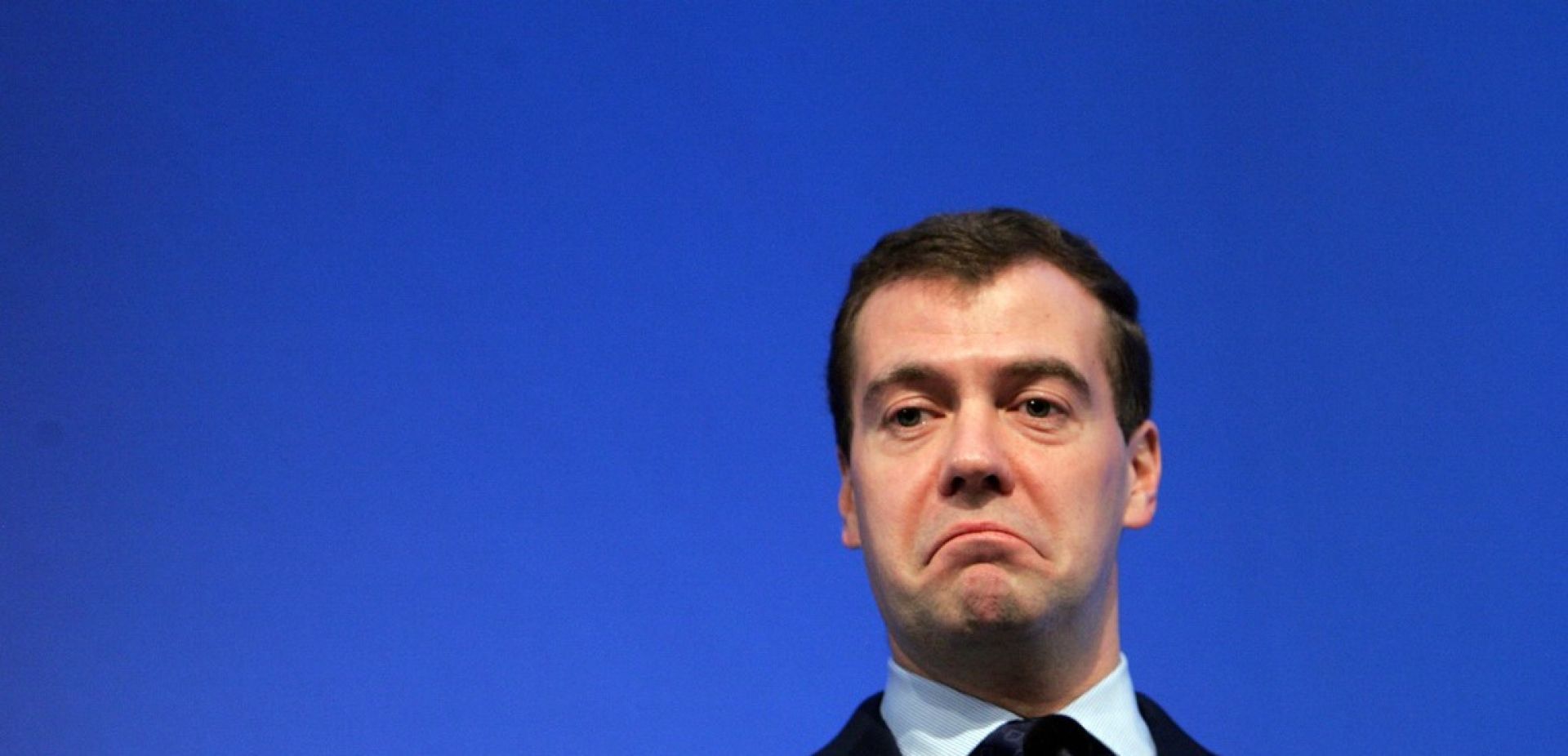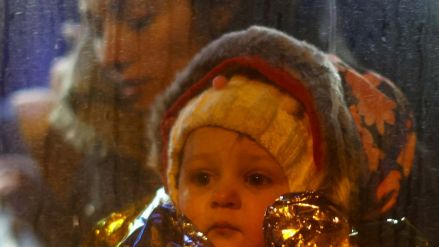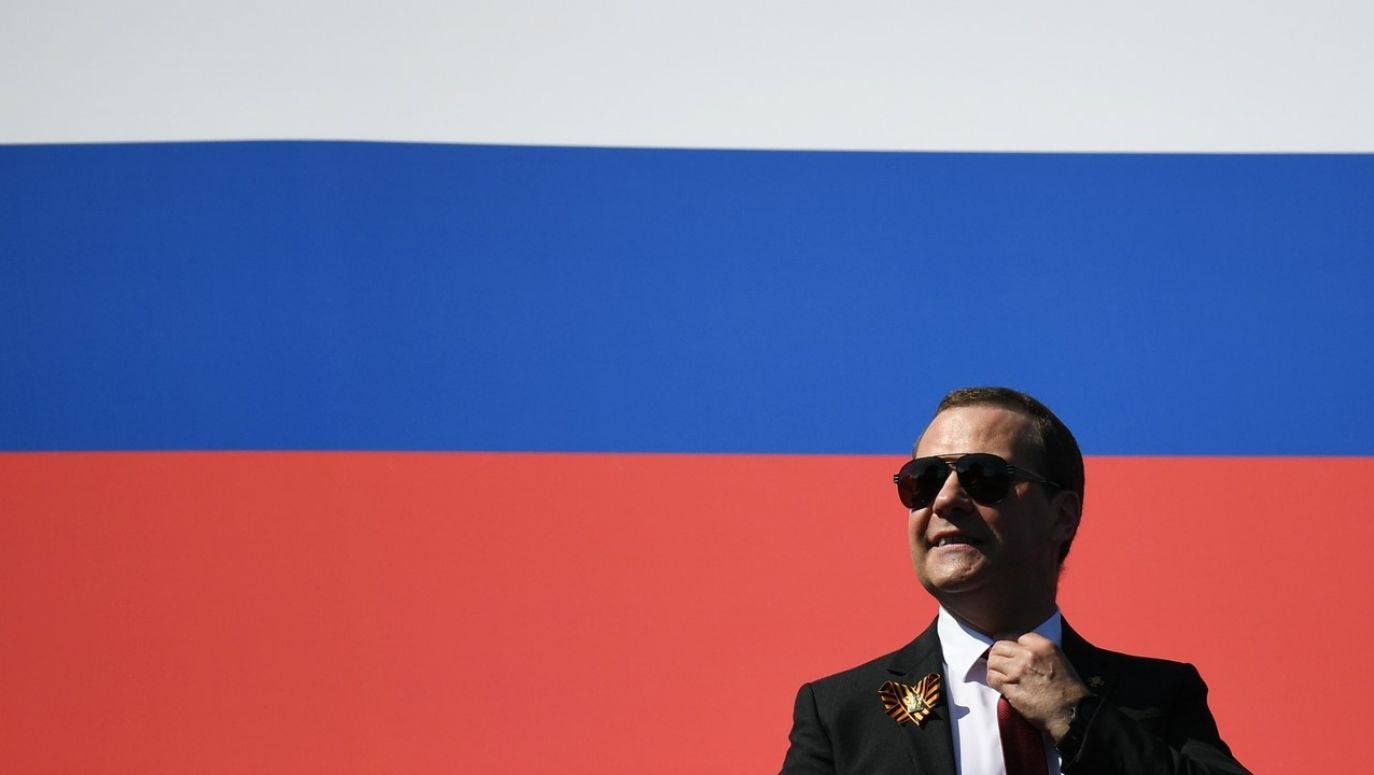The former Russian president and currently the deputy chief of the Security Council has shown another face. In so far as the former Dmitry Medvedev was portrayed as a liberal, a supporter of Russian modernisation. Currently he is seen differently, through his writing in social media. His output is written in a bellicose spirit, seeped in hard-line nationalism and based on the idea that ‘we cannot lose this war’. It is worth testing out some of his rhetorical flourishes.
Careful what you write as there are digital traces…
He wrote at the beginning of April that ‘Russia would not be supplying foodstuffs to its enemies’. He wrote that foodstuffs are a form of ‘silent weaponry’. Moscow could take advantage of this position, supplying its allies in exchange for roubles. It would refuse trade with those it saw as enemies. In the case when the price of wheat rose by 61 percent in the previous year, reaching a historical high, and the UN had to cut its humanitarian wheat aid to the poorest in the third world by a half, this declaration had some weight behind it.
 WAR IN UKRAINE
WAR IN UKRAINE 
The statements made by Vladimir Putin also underline a conscious and premeditated underlying action. The next phase of the crisis may mean that the war will set off a wave of emigration from the Near East and North Africa to Europe. They will pressurise the UN membership in connection with the energy crisis so as to break the sanctions imposed on Russia.
In the light of Medvedev’s declaration, Russia started total war with the West. No holds are barred and the goal is to destroy its economy and social fabric of ‘all who are against us’.
In an interview with RIA Novosti News Agency , Medvedev reminded again that Russia remains the world’s premier nuclear superpower and placing its strategic forces on nuclear alert will serve to ‘ cool Polish heads and those of its US satellites’, that that started the necessity of a conflict with Moscow.
He did not just threaten states but their citizens. He said ‘ Everyone leaves a digital trail. Anyone who writes despicable thing about Russia, about our country about individual citizens, has to take stock. It remains unforgotten for ever in people’s memory.
De-nazifying a Jew
The metamorphosis form a ‘liberal’ politician, to a ‘Greater-Russia’ champion is not the result of the last few weeks and the war in Ukraine. Last October, he published a piece in the Kommersant economic daily that was aggressive and anti-Ukrainian even by Russian standards. It compared the policy of Volodymyr Zelensky with that of a hypothetical ‘Jew serving in the SS’. In this, he alluded to the ancestry of the Ukrainian president and to current strain of Russian antisemitic feeling. He echoed the still-used but most basic Russian narrative as if the Ukrainian elite had been inspired by the ideology and policies of Adolf Hitler.








